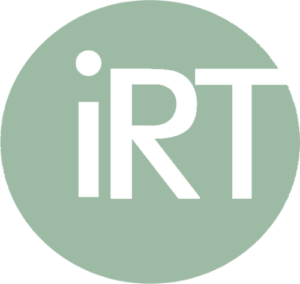Interactive Journaling is designed to reduce substance abuse and substance-related behaviors, such as recidivism of driving under the influence, through a process of written self-reflection.
Too Good for Drugs
Too Good for Drugs (TGFD) is a school-based prevention program for kindergarten through 12th grade that builds on students’ resiliency by teaching them how to be socially competent and autonomous problem solvers. The K-8 curricula each include 10 weekly, 30- to 60-minute lessons, and the high school curriculum includes 14 weekly, 1-hour lessons plus 12 optional, 1-hour “”infusion”” lessons designed to incorporate and reinforce skills taught in the core curriculum. Students learn how to be socially competent and autonomous problem solvers. The overall goal is to increase prosocial behaviors while decreasing intentions to use substances and engage in violence.
Teen Intervene
Teen Intervene is a school- or community-based intervention program for 12- to 19-year-olds who display the early stages of alcohol or drug involvement. The program is typically administered in an outpatient, school, or juvenile detention setting by a trained professional in three 1-hour sessions conducted 10 days apart. Parents are included in the third session in an effort to support parent-teen communication and support around abstinence goals. The overall goals are for teens to reduce and ultimately end their substance use.
Recovery Training and Self-Help
Recovery Training and Self-Help (RTSH) is a group aftercare program for individuals recovering from opioid addiction. A professional therapist and a group leader co-lead participants through a program designed to deactivate addiction by teaching and supporting alternative responses to stimuli previously associated with opioid use. The overall goal is abstinence.
Project Towards No Drug Abuse
Project Towards No Drug Abuse (Project TND) is a school-based prevention program for high school youth. Twelve 40-minute interactive sessions are taught by teachers or health educators, and have been used with both high-risk traditional students across school settings. The curriculum focuses on self-control, communication, and decision-making skills that help teens to resist drug use. Students also learn how to acquire resources to help them resist drug use and develop the motivation to not use. The overall goals are abstinence from alcohol, tobacco, and drug use, as well as reducing the risk of victimization and the frequency of weapons-carrying among students.
PRIME For Life
PRIME for Life (PFL) is a motivational intervention for adults, and has been used primarily among court-referred impaired driving offenders. Trained instructors use multimedia, guided instruction, and motivational interviewing techniques to increase participant motivation to change their perceptions of the risks of drug and alcohol use. The overall goals are to reduce risk of alcoholism or addiction, reduce intention to use substances, and reduce substance use-related crimes or delinquency.
